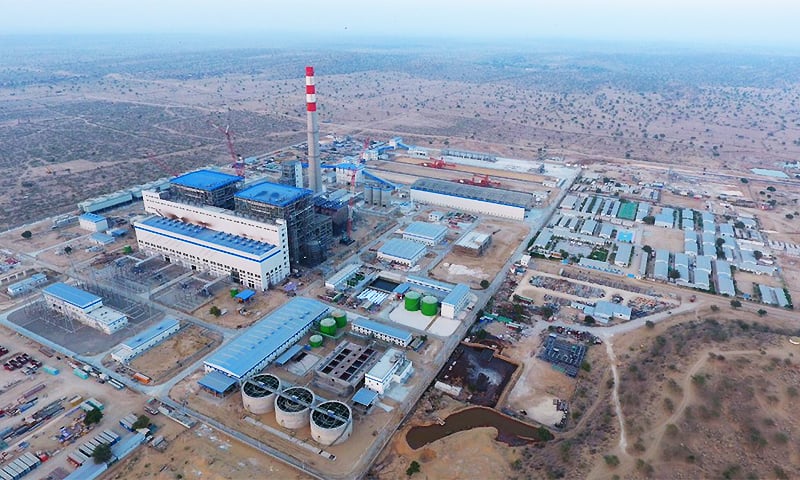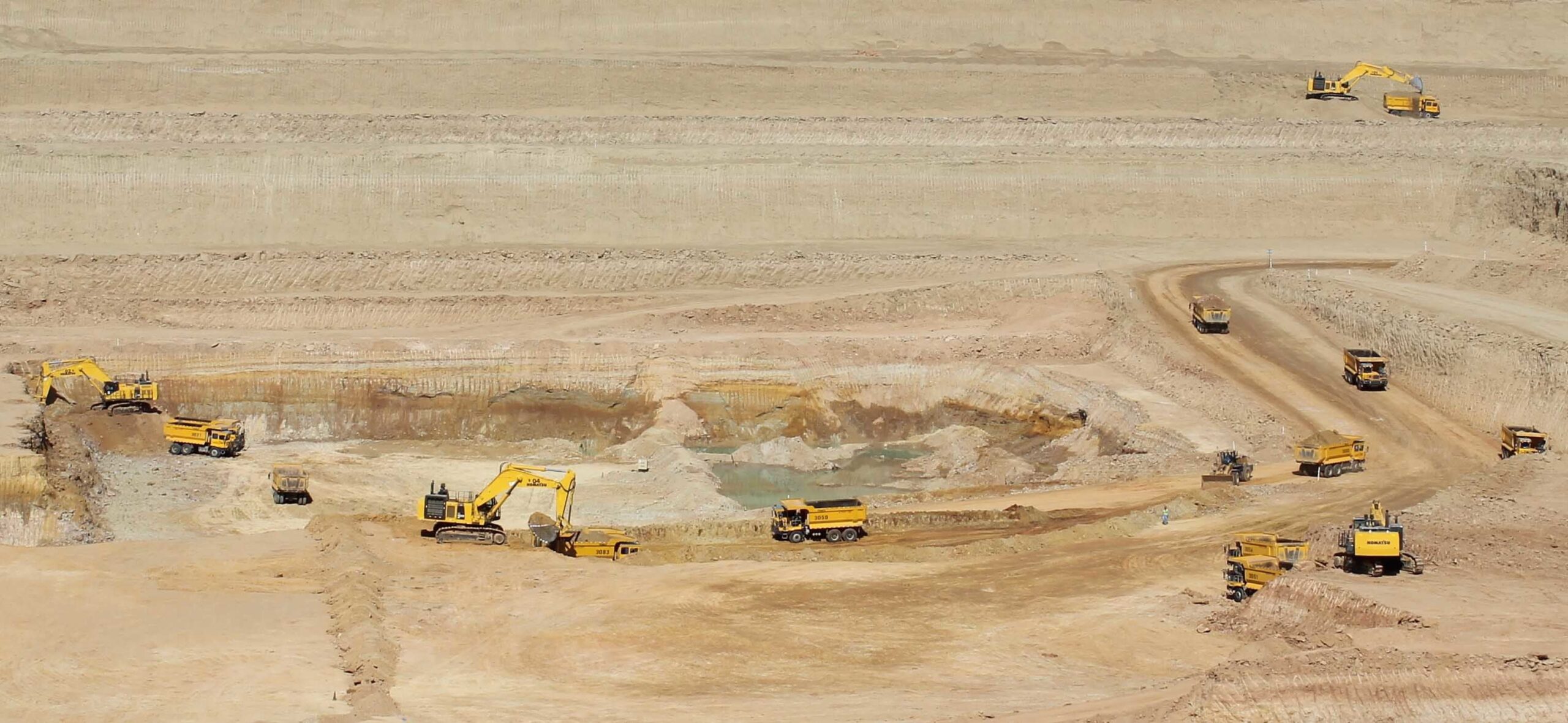The Thar Coal Power Project: Balancing Environmental Sustainability and National Security

Pakistan’s Thar coalfields cover an area of 9100 square kilometers and contain over 175 billion tons of lignite. These reserves are amongst the largest in the world, and equal to 618 billion barrels of crude oil. At $50 per barrel this asset is worth up to $30.0 trillion and equivalent to more than 187 times of Pakistan’s current GDP. Started in the early 2000’s the Thar Engro Coal Power Project is a massive undertaking that aims to harness Pakistan’s vast coal reserves to generate electricity. Completed in 2023 the Thar Block-I and Block-II are fully operational and jointly producing 9 billion units of electricity which are enough to meet the demand of 4 million households. Although it’s immense, this amount is still not enough to meet demands of the whole country and work on Thar block-III is currently underway.
Environmental Constraints:
Pakistan contributes a mere 0.9% to global greenhouse gas emissions (GHGs) and yet it is the fifth most vulnerable country to climate change. During the years 1999-2018, Pakistan lost ten thousand lives and suffered economic losses accounting for USD 3.8 billion due to climate change. Heat waves, water shortages and flash floods in the country have impacted lives and infrastructure. According to the UN, scorching temperatures have blazed wheat production all over the country and formerly arable land has been rendered not fit for growing crops. Pakistan’s wheat production capacity has reduced by 10% this year. Combined with the rising inflation and political turmoil in the country this has become a recipe for disaster. The Thar Coal Power project has raised important questions about the relationship between environmental sustainability and national demands. Pakistan is a nation caught in a difficult bind. Amid being highly vulnerable to climate change, the country also faces a severe energy crisis. Once complete, the Thar Coal Power Project would provide Pakistan with a reliable and uninterrupted source of electricity. However, on the flip side of the coin, lignite is one of the cheapest forms of coal which means burning it releases large quantities of greenhouse gases and ash. Environmental deterioration due to this project has caused water scarcity, food insecurity, and mass emigration. Improper disposal of coal ash has caused water contamination and soil pollution and have disrupted the ecological balance of the region.

Benefits of the project:
The Thar coal power project has the capability of producing 100,000MW of electricity when complete, enough to meet the demands of the country for over two hundred years. Coal mining has a history of providing jobs in areas affected by high poverty. Similarly, the Thar power project has employed of people especially from nearby areas and even whole families earning their livelihoods out of the same project. Pakistan’s unreliable power supply affects the productive use of energy. The power shortage in the form of load shedding costs Pakistan 7% of its GDP annually. The Thar coal power project contemplates a steady supply of power that will overcome this shortfall and will result in a positive growth and possible improvement in the country’s GDP. By providing additional job opportunities the project will result in prosperity in the region and stable wages for the laborers. Furthermore the project will result in reduced electricity costs and benefit industrialists, domestic consumers and economy of the country as a whole. This will also reduce the fuel import costs as a large chunk of the fuel imported into Pakistan goes towards power generation.
Impact on national security
In order to achieve high economic growth a country must be producing sufficient energy. The production of energy is directly proportional to the industrial growth and agricultural output of a country. National security refers to the survival of a state through the use of economic, military and political power. In this regard, adequate and cost effective supply of energy is the pre-requisite for socio-economic development and economic prosperity, which ultimately contributes to national security of a country. The Thar power project has great potential in solving Pakistan’s energy crisis and is seen as an opportunity to improve the national security. It also reduces Pakistan’s dependency on foreign imports for energy generation and grants autonomy to the country in producing its own electricity. However the success and impact on national security depend on how it is managed and the extent to which environmental, social, and economic considerations are taken into account. Proper planning, responsible resource management, and effective regulation can help ensure that the project contributes positively to national security by providing reliable energy and supporting economic growth while mitigating potential negative impacts.
The Thar coal project is a massive undertaking that has the potential to revolutionize Pakistan’s energy landscape. However, in the current times, the world is shifting towards an eco-friendlier environment in which non-renewable resources are being preferred to run industries. While the Thar coal project is an amazing opportunity to pay off our debt and generate much-needed revenue, it is important to consider the environmental impact of the project. Coal is a fossil fuel, and its combustion releases greenhouse gases into the atmosphere, contributing to climate change. However, there are ways to mitigate the environmental impact of coal power plants. For example, we can use carbon capture and storage (CCS) technology to capture the carbon dioxide emissions from the power plant and store them underground. CCS technology is still in its early stages of development, but it has the potential to make coal power plants much more environmentally friendly. Another way to mitigate the environmental impact of the Thar coal project is to use the revenue generated from the project to invest in renewable energy sources. Renewable energy sources, such as solar and wind power, do not produce any greenhouse gas emissions. By investing in renewable energy, we can reduce our reliance on coal and create a more sustainable energy future for Pakistan.
In conclusion, the Thar coal project is a complex issue with both pros and cons. While the project has the potential to generate much-needed revenue and pay off our debt, it is important to consider the environmental impact of the project aswell